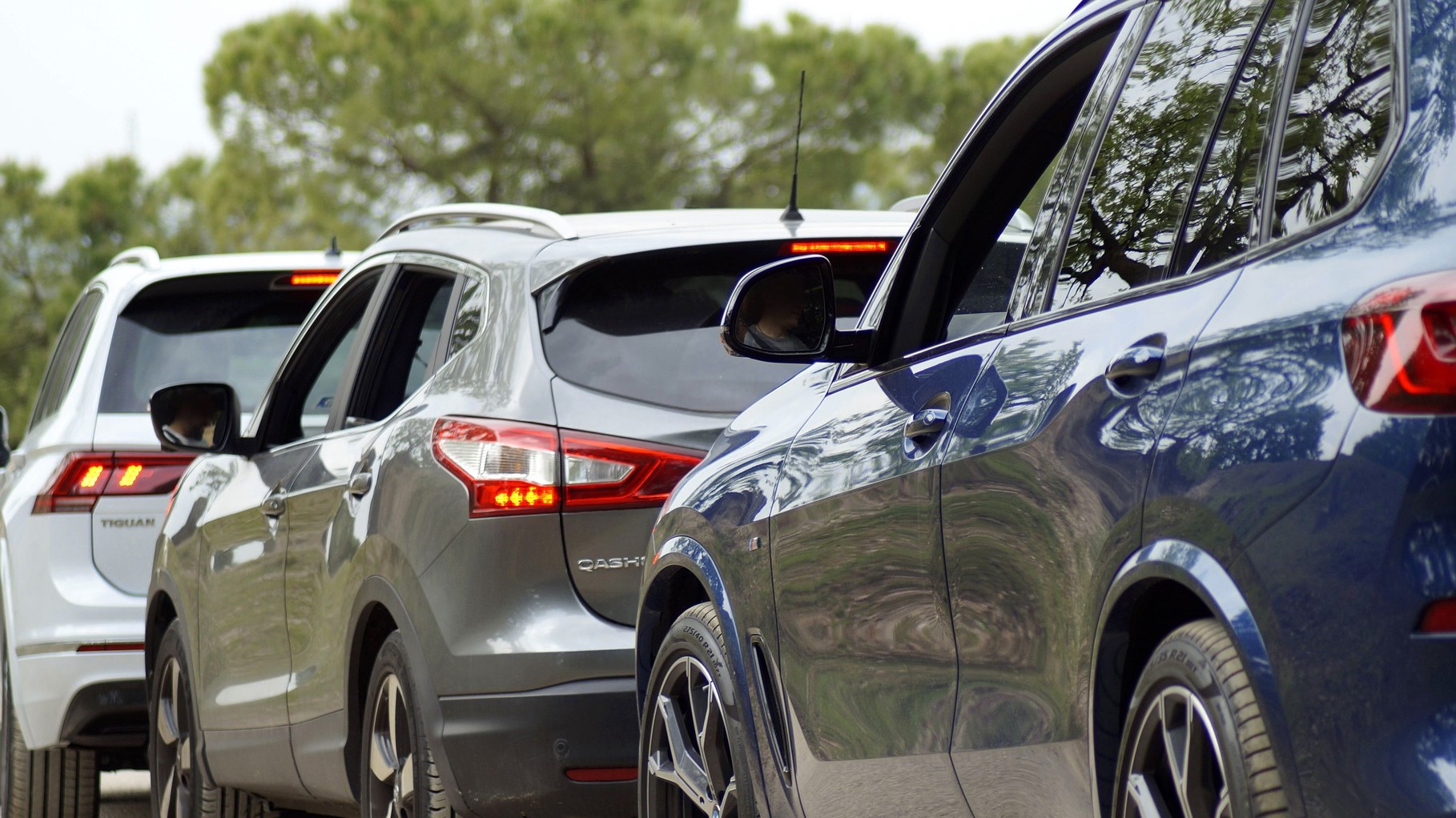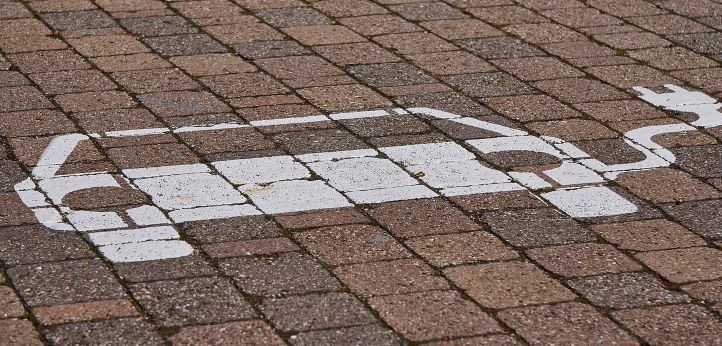The German passenger car market recorded a drop of 19 percent in February compared to the same month last year. The Federal Motor Transport Authority registered 194,300 new registrations. This was the weakest February market since 2007. More than 71,000 new passenger cars were registered by the international brands. Thus, the market share of the VDIK members was 37 percent (previous year: 40 percent). In the first two months of 2021, the number of newly registered passenger cars dropped by 25 percent to around 364,000 – the lowest level in 30 years.
Reinhard Zirpel, President of the Association of International Motor Vehicle Manufacturers, said, “The German passenger car market is once again heading for a disastrous annual result. A 25 percent drop in new registrations, as in the first two months, is almost impossible to make up for in the rest of the year, even if dealers do everything they can to keep business going. The crucial thing now is for car dealers to be able to reopen at the start of the spring business. Very large sales areas in relation to daily customer numbers, as well as existing hygiene concepts, justify different lockdown scenarios for car dealerships than for the rest of the retail sector.”
After the expiration of the sales tax cut at the end of December, new private car registrations dropped significantly. In February, they again fell more sharply than the overall market, by 27 percent.
Significant growth rates were recorded by alternative drive systems. According to the KBA, 18,300 new passenger cars with battery-electric drive systems (up 124 percent) were registered in February. In addition, 21,900 new plug-in hybrids (up 162 percent) hit the roads. This gives electric vehicles a 21 percent share of the overall market. In the first two months, a total of over 130,000 new passenger cars with an alternative drive system were registered. These include electric cars, hybrids with and without plugs, mild hybrids and gas-powered passenger cars.
The market for diesel-powered passenger cars declined by 35 percent in February. Just over 49,000 diesel passenger cars were newly registered. Their share of the overall market has thus fallen to 25 percent (January 2020: 32 percent). However, more passenger cars are being registered as diesel hybrids and are included in the KBA statistics for alternative drive systems.
The commercial vehicle market almost matched the previous year’s level in February, with over 27,500 new registrations. Sales of light commercial vehicles declined slightly, while heavy commercial vehicles increased by 4 percent.





